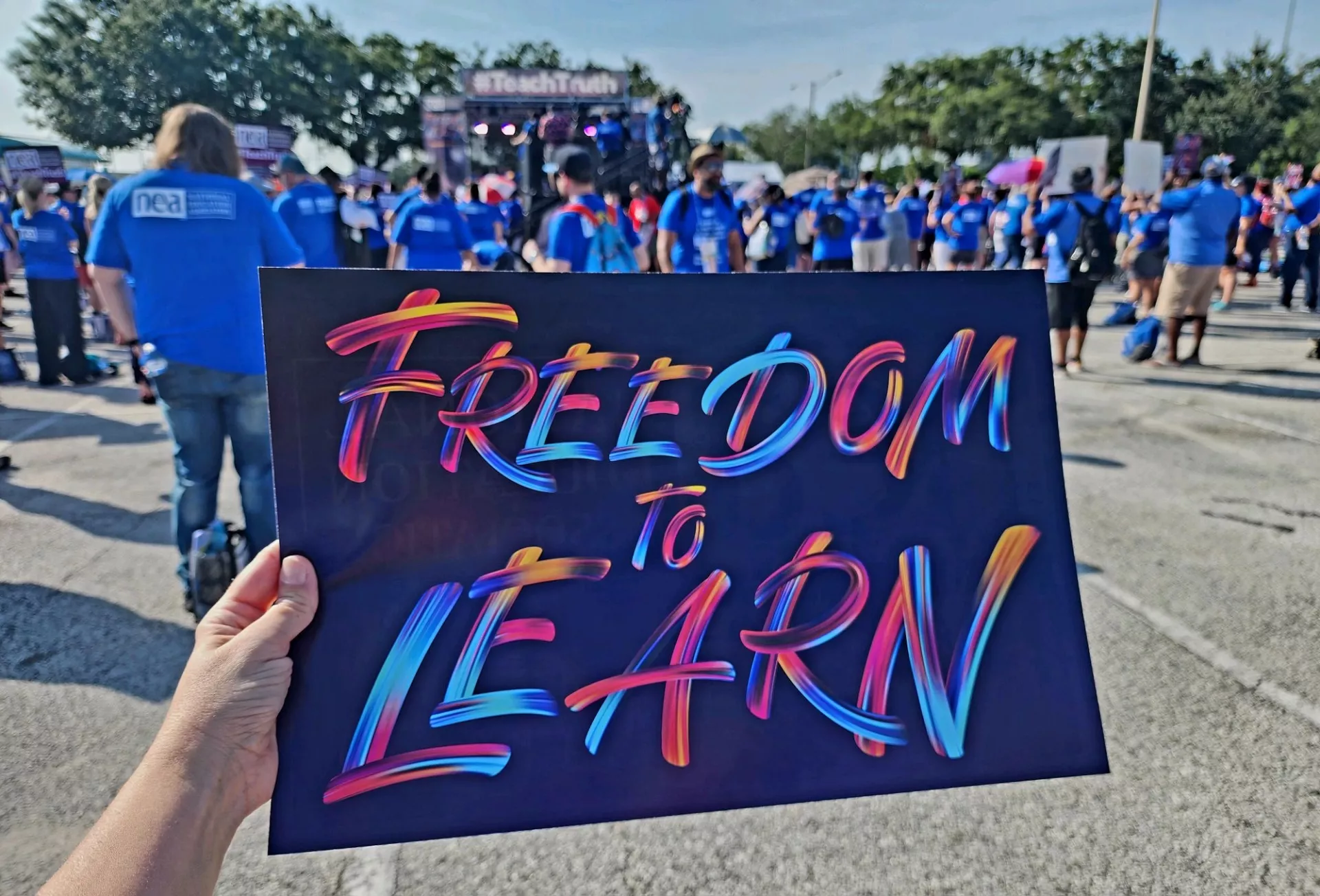Educators are committed to teaching students a full history, including the good and bad, while helping them develop the critical thinking skills that enable them to be productive citizens committed to our country's great promise; that we are all created equal. State standards should help students develop the necessary critical thinking skills to aid them in becoming productive members of our society. Students deserve standards that challenge them to meet their fullest potential while having the freedom to learn in an environment where they can pursue their passions.
The South Dakota Department of Education recently released the proposed K-12 social studies standards which covers civics, government, history, geography, and economics. SDEA is extremely concerned about the age appropriateness of the standards as presented. The lower-grade standards call for a level of memorization that is not cognitively appropriate for our state’s early learners, and the upper-grade standards fail to challenge students’ critical thinking skills through standards that encourage analysis and evaluation of the world around them. The proposed standards will deny students the freedom to learn.
The state is required to hold four public hearings before the proposed standards can be adopted. SDEA will be submitting comments and we encourage educators and parents to review the proposed standards and let their voices be heard as well.
SDEA's Efforts to Ensure Students Have the Freedom to Learn
- SDEA Executive Director, Ryan Rolfs – Comments to Board of Education Standards
- SDEA Statement on the Proposed Standards
- Why SDEA Opposes the Proposed Social Studies Standards?
- Frequently Asked Questions
Resources for Educators and Parents
- School Boards opposed to the Social Studies Standards
- Social Studies Standards Comparison
- SD Social Studies Standards History Road Map
SDEA, SD-PTA, SASD, and the ASBSD have asked the South Dakota Board of Education Standards to schedule at least one of the last two hearings for the proposed social studies standards on a Saturday in January or March. It will allow for more participation from the citizens of South Dakota, especially parents and educators. Read the letter here!
